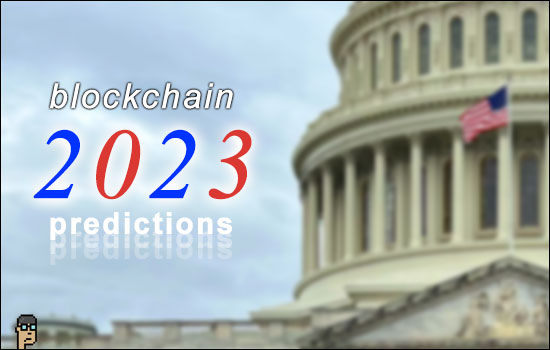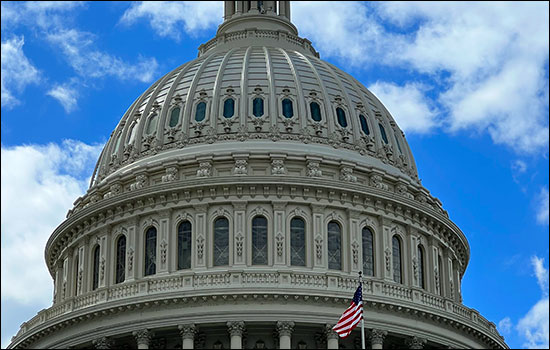The bad news continued for the blockchain industry last week with two consequential announcements.
First, Senator Debbie Stabenow (D, MI), Chairwoman of the Senate Agriculture Committee, announced out-of-the-blue that she will not run for re-election in 2024 and therefore leave the U.S. Senate at the end of her term on January 3, 2025.
Second, the offices of the Federal Reserve, Comptroller of the Currency and the Federal Deposit Insurance Corporation banded together on January 3 for a clear warning (PDF) that if you’re a bank – therefore regulated by the Federal government – crypto is a no-go. Happy New Year!
Stabenow
For crypto proponents, the loss of Stabenow diminishes the likelihood that the Digital Commodity Consumer Protection Act (DCCPA) – and perhaps any blockchain bill from Senate Ag – will ever see a vote on the Senate floor in 2023. DCCPA which she co-sponsored with Senate Ag Committee Ranking Member and Senator John Boozman (R, AR) remains well-poisoned by FTX CEO Sam Bankman-Fried’s (SBF) involvement.
Sen. Stabenow, 72, prioritized her remaining two years in Congress in a statement saying that “leading the passage of the next five-year Farm Bill which determines our nation’s food and agriculture policies” is critical. Going forward, blockchain is the last thing she wants to mention to voters who are inundated with the latest SBF drama as they consider a Democratic or Republican candidate for Stabenow’s seat in the months ahead.
Continue reading “Blockchain Industry Smackdown Continues With Stabenow, Scary Statement”







